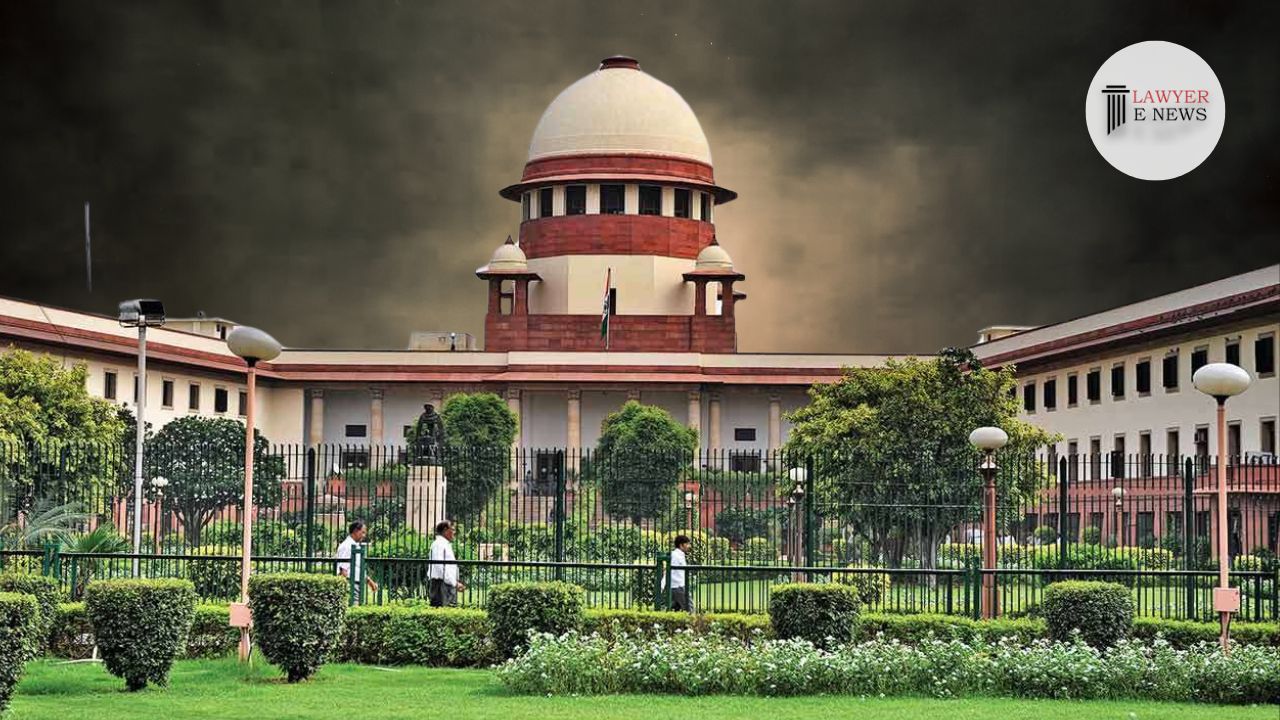-
by Admin
15 February 2026 2:16 AM



In a significant judgment that underscores the judiciary’s role in curbing misuse of criminal complaints in matrimonial disputes, the Supreme Court has quashed an FIR lodged against Achin Gupta for alleged dowry harassment and cruelty. Justices J.B. Pardiwala and Manoj Misra emphasized the need for judicial scrutiny to avoid abuse of the process.
The judgment focused on the misuse of Section 498A (dowry harassment) of the Indian Penal Code (IPC), highlighting the critical need for clear and specific allegations to justify the continuation of criminal proceedings.
The FIR lodged by Achin Gupta’s wife accused him of various instances of dowry demands and cruelty. However, the Supreme Court noted inconsistencies and a lack of specificity in the accusations, which led to the appellate scrutiny.
Vagueness and Generality of Allegations: The Court criticized the FIR for its “vague, general, and sweeping” allegations. Justice Pardiwala noted, “It is pertinent to note that in the FIR no specific date or time of the alleged offence/offences has been disclosed.”
Delay and Motive Behind FIR Lodging: The apex court pointed out the significant delay in filing the FIR, suggesting a potential “malice and intent to harass” the appellant post initiation of matrimonial disputes, further undermining the credibility of the accusations.
Misuse of Judicial Process: The justices observed that such cases often lead to “an abuse of the process of court or quashing of these proceedings would otherwise serve the ends of justice.” The judgment highlighted the abuse of criminal provisions in personal disputes, stating, “When no offence is disclosed by the complaint, the court may examine the question of fact.”
Legal Standards for Quashing Proceedings: Referring to landmark cases, the Court outlined the legal benchmarks for quashing FIRs, emphasizing that “the allegations in the FIR do not constitute a cognizable offence but constitute only a non-cognizable offence, no investigation is permitted by a police officer without an order of a Magistrate.”
Exercising powers under Section 482 of the Criminal Procedure Code, the Supreme Court quashed the FIR and subsequent chargesheet, citing them as an “abuse of the process of law.” The Court declared, “Continuation of these proceedings…does not serve the ends of justice.”
Date of Decision: May 3, 2024
Achin Gupta Versus State of Haryana & Anr.
